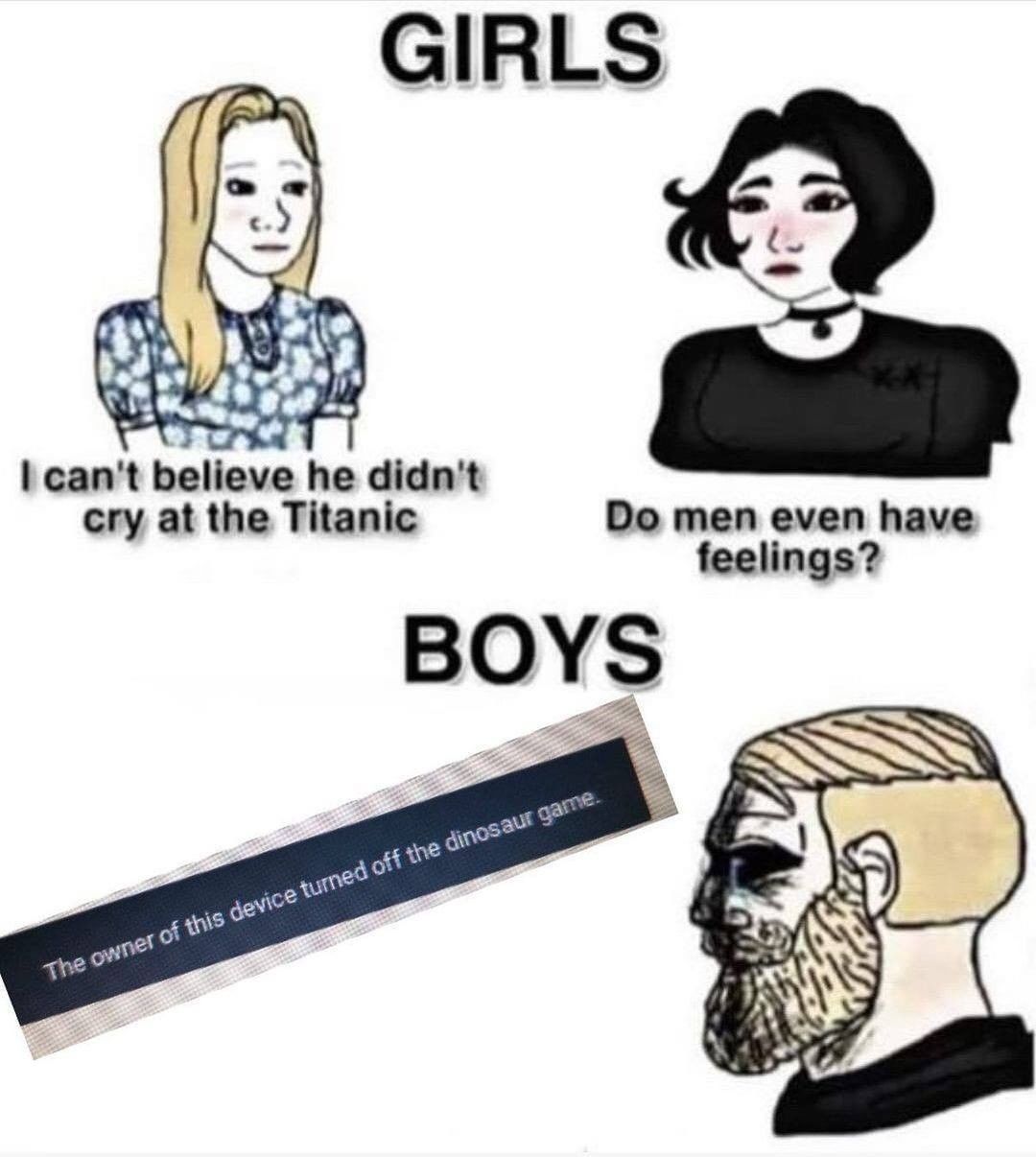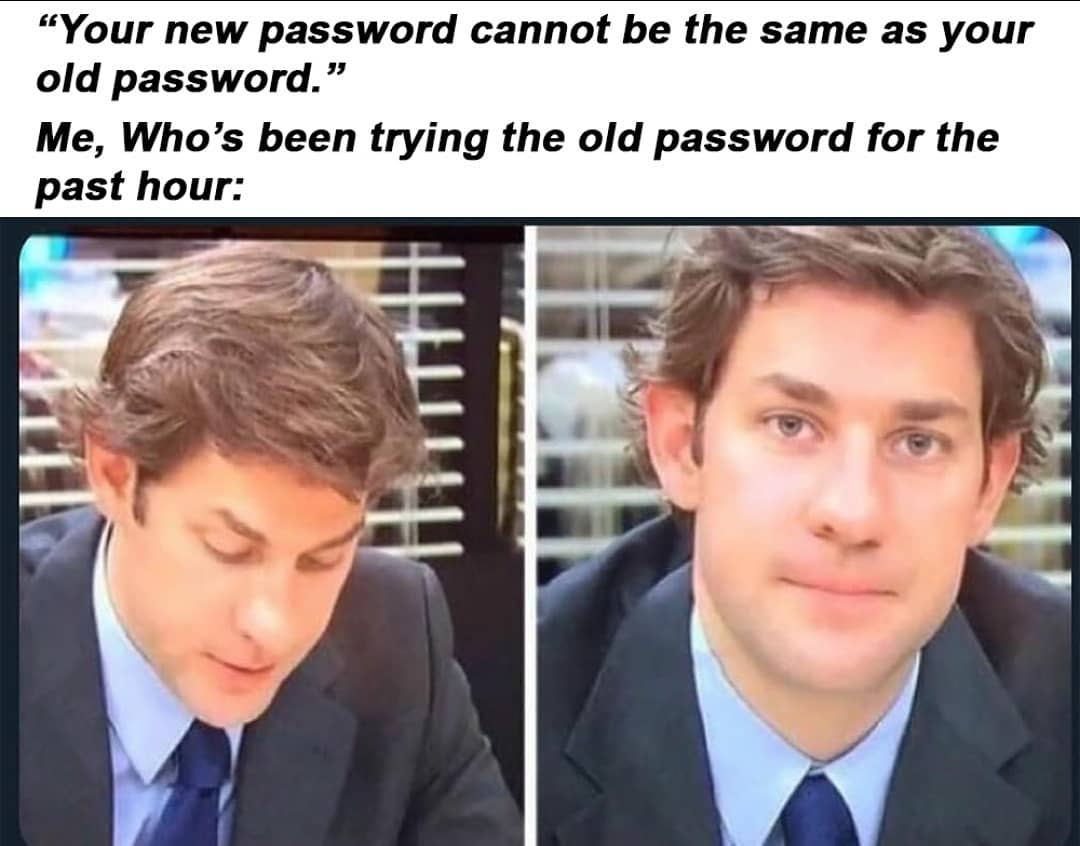I Can't Believe He Didn't Arrest Me: The Shocking Story And What It Teaches Us
Picture this: you're sitting there, heart pounding, palms sweaty, and wondering how in the world you managed to walk away from a situation where you thought you'd end up in handcuffs. Yeah, we've all been there—or at least imagined it. The phrase "I can't believe he didn't arrest me" isn't just a random thought; it's an emotional rollercoaster that millions of people experience when they're involved in situations that could've gone south fast. Whether it's a traffic stop, a misunderstanding, or even a full-blown legal mess, this moment sticks with you for life.
But here's the thing: why does this happen? Why do some people walk away unscathed while others don't? And more importantly, what can we learn from these moments to avoid them in the future? Let's dive deep into this topic because trust me, there's a lot more to unpack than you think.
This article will explore the ins and outs of situations where you might say, "I can't believe he didn't arrest me," covering everything from legal perspectives to personal growth lessons. So grab your favorite drink, settle in, and let's get started!
Table of Contents
- The Background: What Leads to This Moment?
- Understanding the Legal Perspective
- The Emotional Rollercoaster
- Real-Life Cases That Made Us Say, "I Can't Believe He Didn't Arrest Me"
- Psychology Behind the Decision Not to Arrest
- How to Prevent Ending Up in These Situations
- Know Your Rights: What You Need to Do
- Potential Consequences of Being Arrested
- Lessons Learned: Growing From These Experiences
- Final Thoughts
The Background: What Leads to This Moment?
Let's start by breaking down the scenarios that typically lead to someone saying, "I can't believe he didn't arrest me." It could be something as simple as a traffic violation or as complex as a heated argument that escalates. In most cases, it boils down to how the situation unfolds and the decisions made by both parties involved.
For instance, imagine you're driving down the road, slightly over the speed limit, and suddenly those dreaded blue lights flash behind you. Your mind races. Did I do something else wrong? Am I about to get a ticket—or worse? The officer approaches, asks for your license and registration, and after a few tense minutes, hands you a warning and lets you go. You're left sitting there thinking, "Seriously? That was it?"
These moments aren't just about luck; they're often the result of specific factors, including the behavior of the person being questioned, the judgment of the law enforcement officer, and sometimes, just plain old good fortune.
Common Scenarios That Trigger This Thought
- Traffic Stops: A minor infraction turns into a potential arrest if things escalate.
- Public Disputes: Arguments in public places can spiral out of control quickly.
- Underage Drinking: College parties or social gatherings where someone gets caught with alcohol.
- Drug Possession: Small amounts of illegal substances found during routine searches.
Understanding the Legal Perspective
From a legal standpoint, there are several reasons why someone might not be arrested in a given situation. Officers have discretion based on the circumstances, and their decision isn't always straightforward. They consider factors like the severity of the offense, the demeanor of the individual, and whether any laws were actually broken.
For example, if you're pulled over for speeding but haven't committed any other violations, the officer might choose to issue a warning instead of making an arrest. Similarly, in cases involving public intoxication, the officer might decide to escort the person home rather than take them to jail, depending on the level of intoxication and the risk posed to others.
Factors Influencing an Officer's Decision
- Severity of the Offense: Was it a minor infraction or a serious crime?
- Behavior of the Suspect: Were they cooperative, respectful, and calm?
- Available Evidence: Is there enough proof to justify an arrest?
- Resource Allocation: Do law enforcement resources allow for an arrest?
The Emotional Rollercoaster
When you find yourself in a situation where you're thinking, "I can't believe he didn't arrest me," emotions run high. Adrenaline kicks in, your heart races, and your mind starts spinning with worst-case scenarios. But once the dust settles, you're left with a mix of relief, gratitude, and maybe even guilt.
These emotions can be overwhelming, and it's important to process them properly. Some people might feel invincible after walking away unscathed, while others might become more cautious and reflective. Understanding your emotional response can help you learn from the experience and prevent similar situations in the future.
Managing Your Emotions After a Close Call
- Take a Deep Breath: Allow yourself time to calm down before reacting.
- Reflect on the Situation: What happened, and what could you have done differently?
- Seek Support: Talk to friends or family about your experience.
Real-Life Cases That Made Us Say, "I Can't Believe He Didn't Arrest Me"
There are countless real-life stories of people who narrowly avoided arrest in surprising ways. Here are a few examples:
Case 1: A college student was caught with a small amount of marijuana during a routine traffic stop. Instead of arresting him, the officer gave him a stern warning and told him to focus on his studies. The student went on to graduate and pursue a successful career.
Case 2: During a heated argument in a bar, one patron threw a drink at another. Instead of calling the police, the bartender intervened and defused the situation. Both parties apologized and left without incident.
These stories highlight the importance of de-escalation and the discretion exercised by authorities in certain situations.
What Can We Learn From These Stories?
- Not every mistake leads to dire consequences.
- De-escalation techniques can make a huge difference.
- Showing respect and cooperation can go a long way.
Psychology Behind the Decision Not to Arrest
Have you ever wondered why some officers choose not to arrest someone, even when they technically could? It often comes down to psychology. Officers are trained to assess the situation and determine the best course of action based on the behavior and attitude of the individual involved.
Studies show that people who remain calm, respectful, and cooperative are far less likely to be arrested than those who become aggressive or uncooperative. This is because officers prioritize safety and de-escalation, and they're more likely to give someone the benefit of the doubt if they're not perceived as a threat.
Key Psychological Factors
- Body Language: How you carry yourself can influence an officer's perception.
- Tone of Voice: Speaking respectfully and calmly can prevent escalation.
- Empathy: Officers are more likely to show leniency if they feel empathy for the individual.
How to Prevent Ending Up in These Situations
While we can't control every situation, there are steps you can take to minimize the chances of finding yourself saying, "I can't believe he didn't arrest me." Here are a few tips:
- Know the Laws: Stay informed about local laws and regulations.
- Practice Safe Driving: Always follow traffic rules and drive defensively.
- Stay Calm: If you're stopped by law enforcement, remain calm and respectful.
By taking proactive measures, you can reduce the likelihood of ending up in a high-stakes situation.
Know Your Rights: What You Need to Do
In addition to prevention, it's crucial to know your rights if you're ever in a situation where you might be arrested. Understanding your rights can empower you to handle the situation with confidence and avoid unnecessary trouble.
- Right to Remain Silent: You're not obligated to answer questions without legal counsel.
- Right to Legal Representation: You have the right to speak to an attorney before answering questions.
- Right to Refuse Searches: You can decline searches unless the officer has a warrant.
Potential Consequences of Being Arrested
If you're unlucky enough to get arrested, the consequences can be severe. From fines and court appearances to criminal records and lost opportunities, the impact of an arrest can last for years. That's why it's so important to take steps to avoid these situations whenever possible.
However, if you do find yourself arrested, it's vital to seek legal assistance immediately. A qualified attorney can help you navigate the legal system and protect your rights.
Lessons Learned: Growing From These Experiences
Every close call is an opportunity to learn and grow. Whether it's a traffic stop, a public dispute, or something else entirely, these moments can teach us valuable lessons about responsibility, respect, and self-awareness.
So the next time you find yourself thinking, "I can't believe he didn't arrest me," take a moment to reflect on what happened and how you can avoid similar situations in the future. You might just discover that the experience was a blessing in disguise.
Final Thoughts
In conclusion, the phrase "I can't believe he didn't arrest me" represents a pivotal moment in many people's lives. It's a reminder of the importance of staying informed, behaving responsibly, and showing respect in all situations. By understanding the legal, emotional, and psychological aspects of these moments, we can better prepare ourselves to handle them with grace and confidence.
We encourage you to share your thoughts and experiences in the comments below. Have you ever found yourself in a situation where you thought you'd be arrested? What did you learn from it? And don't forget to check out our other articles for more insights and advice!

Girls I can't believe he didn't cry at the Titanic. Do men even have

Girls I can't believe he didn't cry at the Titanic. Do men even have

You cant arrest me WEBTOON